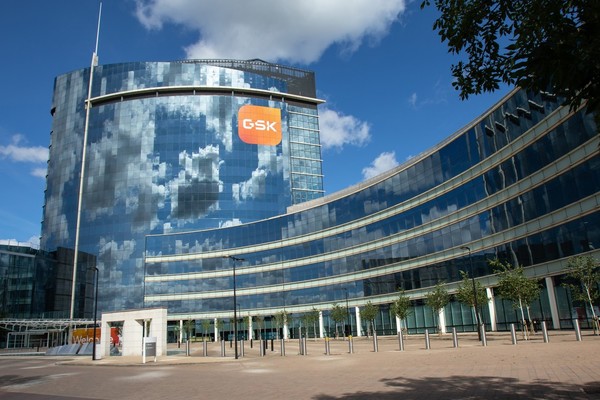Bepirovirsen, which showed a possibility as hepatitis B’s complete cure in the interim analysis of phase 2b clinical trial results in June, saw its efficacy fall by at least 60 in recent data.
Still, GSK said it expects Bepiroviren to become a treatment option providing a complete functional cure for chronic hepatitis B patients and declared it would begin phase 3 clinical trials in the first half of next year.

According to the B-Clear study results published in the New England Journal of Medicine on Tuesday (local time), between 9 and 10 percent of patients reached the hepatitis B surface antigen (HBsAg) below the lower limit of detection (LLOD) or hepatitis B virus DNA (HBV DNA) of below the lower limit of quantification (LLOQ) after being administered with Bepirovirsen.
These figures showed drops of 60 percent or more from the B-Clear study’s interim analysis results orally presented at the International Liver Congress (ILC) 2022 held by the European Association for the Study of Liver (EASL) in June. The share of patients who reached LLOD and LLOQ after 24 weeks of treatment with Bepirovirsen was about 30 percent.
Chronic hepatitis B affects about 300 million people worldwide, killing about 900,000 with related complications.
Currently, nucleoside/nucleotide analogs (NA), such as tenofovir, are used to treat chronic hepatitis B. However, unlike chronic hepatitis C, there are no complete cures for hepatitis B patients, forcing patients to take drugs for life.
Accordingly, developing a complete hepatitis B cure has been a long-cherished dream of liver treatment researchers. Global giants like GSK, Roche, and Janssen are challenging to develop it.
GSK’s Bepirovirsen is an antisense oligonucleotide (ASO), which reduces virus protein by targeting HBV mRNA.
In the phase 2b clinical trial of the B-Clear study, GSK completed 24 weeks of treatment for 457 chronic hepatitis B patients -- 227 in the NA group and 230 in the non-NA group – analyzed the share of patients who maintained below-LLOQ HBsAg level or below-LLOD HBV DNA level without no new antiviral drugs for another 24 weeks.
As a result, regardless of NA treatment, 9-10 percent of chronic hepatitis B patients administered with 300 mg of Bepirovirsen a week for 24 weeks showed continuous loss of HBsAg and HBV DNA.
“It is promising progress for about 300 million people with chronic hepatitis B,” GSK said. “We will confirm such results in phase 3 clinical trial that will begin next year, and expect to seek potential sequential treatment options to help more hepatitis B patients win functional cure.”
Also, it said no safety-related signal hindered the additional development of Bepirovirsen. Abnormal reactions leading to the stoppage of treatment in the B-Clear study occurred in 17 trial participants. The frequency of occurrence was 0-4 percent in the NA group and 0-7 percent in the non-NA group. Serious abnormalities were found in six participants (3 percent) in the NA group and 11 subjects (5 percent) in the non-NA group.
“We will examine long-term consistency of reactions in the B-Sure study, which will trace and observe trial participants for 33 months more,” GSK said. “It will include the criteria to stop NA treatment by which we can verify functional cure in patients who do not continue to show the serological evidence of HBsAg or HBV DNA after the successful discontinuation of all chemotherapies.”

